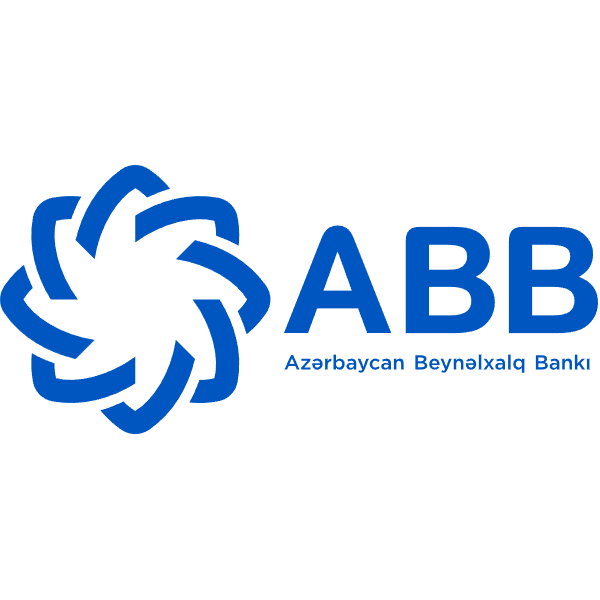name and background
full name of the bank: Deutsche Bundesbank
Founded: 1957
Headquarters location: Frankfurt
, GermanyShareholder Background: As the central bank of Germany, the Bundesbank is owned by the state.
historical background<
span style="font-size: inherit">The Deutsche Bundesbank was founded in 1957 as Germany's central bank, succeeding the "Bank deutscher Länder". It was responsible for the issuance of the Deutsche Mark until 2002, when the euro was officially put into circulation. Known for its independence and ability to control inflation, the Bundesbank is regarded as a "model central bank", and its monetary policy has had a profound impact on the European monetary system, especially in the second half of the 20th century, making the Deutsche Mark a highly respected currency.
organizational structure
headquarters and branches: The central office is located in Frankfurt and has 9 branches and about 40 offices in Germany, covering the whole country, ensuring a wide range of services and supervision.
management: The six-member Executive Committee, appointed by the President of Germany, is run by half of the Federal Government and half by the Bundesrat, ensuring its independence from government and third-party directives. In November 2025, Fritzi Köhler-Geib was appointed as a new member and reassigned responsibilities.
People & Resources: With 12,474 employees as of June 30, 2006 and a total balance sheet of €2.516 trillion in 2023, it is the fourth largest central bank in the world (2023 data).
core responsibilities
Bundesbank's core business areas include:
Eurosystem monetary policy: As a member of the Eurosystem, it participates in the formulation of monetary policy in the eurozone, and its main task is to ensure price stability. This requires in-depth analysis, a long-term perspective, and an unbiased approach to individual interests.
Financial Stability and Banking Supervision: Responsible for the supervision of credit institutions at the national level, participating in the European Single Supervisory Mechanism (SSM) and working with the Federal Financial Supervisory Authority (BaFin) to ensure the stability of the financial system.
cash management: Responsible for the issuance and management of euro cash, ensuring the supply of cash in the economy.
payment system: Supervise cashless payment systems to ensure the security and efficiency of transactions.
Foreign exchange reserves management: Manages Germany's foreign exchange reserves, which stood at more than 3,359 tonnes in 2021 and totalled €21,986 million in 2021.
Statistics & Advice: Provides economic statistics, supports research and policy development, and advises the federal government on monetary policy issues.
its governance structure ensures independence from third-party directives, including the federal government, ensuring objectivity and professionalism in decision-making.
international roles
As a member of the Eurosystem, Bundesbank works closely with the European Central Bank (ECB) to maintain monetary policy in the Eurozone. It also participates in international financial institutions, such as the Bank for International Settlements (BIS) and the International Monetary Fund (IMF), to promote global financial stability. Recent activities include discussing geopolitical challenges at the G7 meeting (Banff, Canada, May 2025) and discussing the impact of U.S. policy on the world economy with the Governor of the Bank of Spain.
digital service experience
- core
function: provide professional financial data and statistical information
Technological innovation: Actively participate in the development of financial technology and support the digital transformation
security measures
adopt advanced security technology, Ensuring the stability of the financial system and the security of
featured services and differentiation
as Germany's central bank, The Bundesbank plays a central role in formulating and implementing monetary policy, maintaining financial stability, and supervising the banking sectorIn
the eurozone, the Bundesbank cooperates with the central banks of other countries to jointly maintain the stability of the euro
In terms of innovation in financial technology and payment systems, the Bundesbank actively participates in promoting the modernization of the financial system, special services and differentiation
public service and education
Bundesbank offers a wide range of educational programs for schools, covering monetary and monetary policy topics, which are constantly expanded and updated. These projects aim to improve the public's understanding of the economic and financial system. In addition, it provides a statistical data download service, including time series data, which is convenient for researchers and businesses to use
summaries
As Germany's central bank, the Bundesbank plays a central role in formulating and implementing monetary policy, maintaining financial stability, and supervising the banking sector. Within the eurozone, the Bundesbank cooperates with other central banks to maintain the stability of the euro. When it comes to fintech and payment system innovation, the Bundesbank is actively involved in modernizing the financial system










